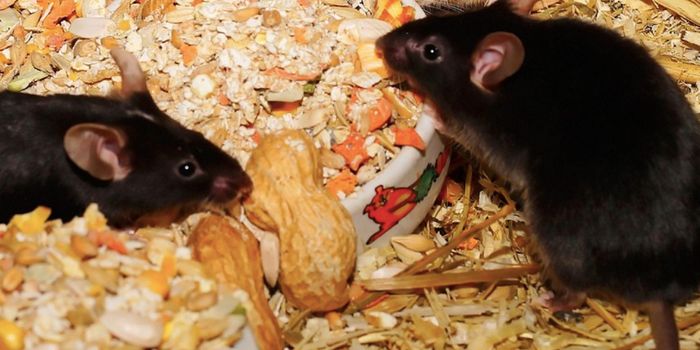New Research Reveals Beluga Whale Social Networks
The familial and social relationships between whales, such as orcas and bottlenose dolphins, are moderately understood. New research from Florida Atlantic University’s Harbor Branch Oceanographic institute explored the relationships of beluga whales (Delphinapterus leucas). Previous studies of beluga whale social behavior and communication suggested that these whales have complex societies. According to FAU, this study is the first to delve into their details.
The study, published just last week in Scientific Reports, states that belugas form small groups (two to 10 individuals) to massive herds of 2,000 more. Additionally, these groups include single-sex and age-class pods and mixed-age and sex groups either briefly or for multiple years at a time. To address, as the study states, “fundamental questions about beluga group structure, and patterns of kinship and behavior that provide new insights into the evolution and ecology of social structure” in beluga whales the study used field observations, mtDNA profiling, and multilocus genotyping. The study occurred over ten locations throughout the whales’ range and included small, resident groups as well as large, migratory groups.
According to an article from FAU, the study discovered that belugas interact with “close maternal kin” and frequently associate “with more distantly related and unrelated individuals.” This study identified seven distinct group types, which, as the study reports, two can be considered “herds” (more than 50 animals), and five can be defined as “social groups” (less than 50 animals). FAU states that these groups range from “mother-calf dyads to entire communities,” suggesting that beluga communities show similarities to human societies “where social networks, support structures, cooperation, and cultures” involve kin and non-kin. Additionally, FAU reports that the same group types were seen across populations and habitats.”
In a quote to FAU regarding the study, Greg O’Corry-Crowe, Ph.D.—lead author and research professor at FAU—said, “This research will improve our understanding of why some species are social, how individuals learn from group members and how animal cultures emerge.” He continued, “it also has implications for traditional explanations based on matrilineal care for a very rare life-history trait in nature, menopause, which has only been documented in a handful of mammals, including beluga whales and humans.”









